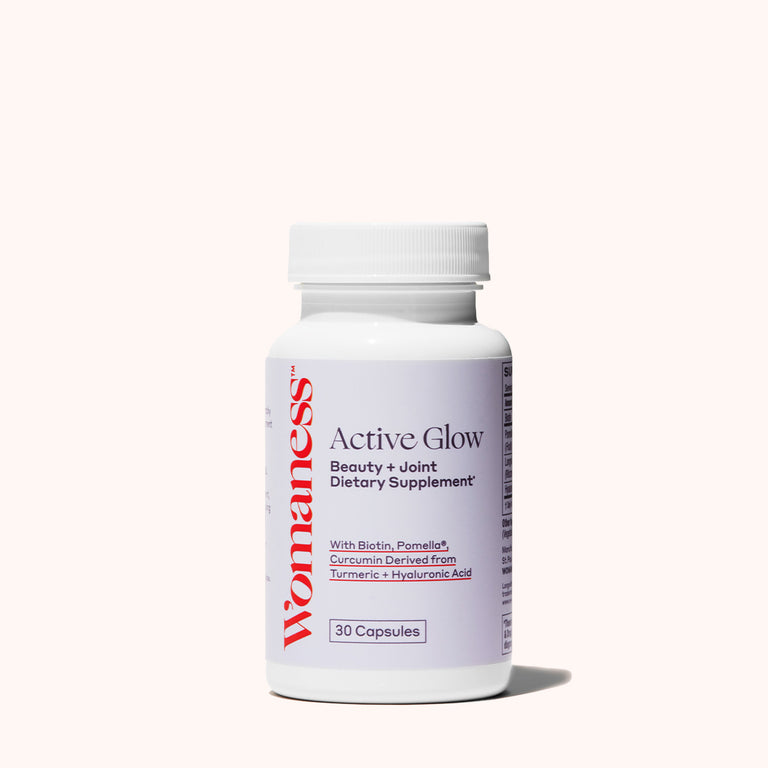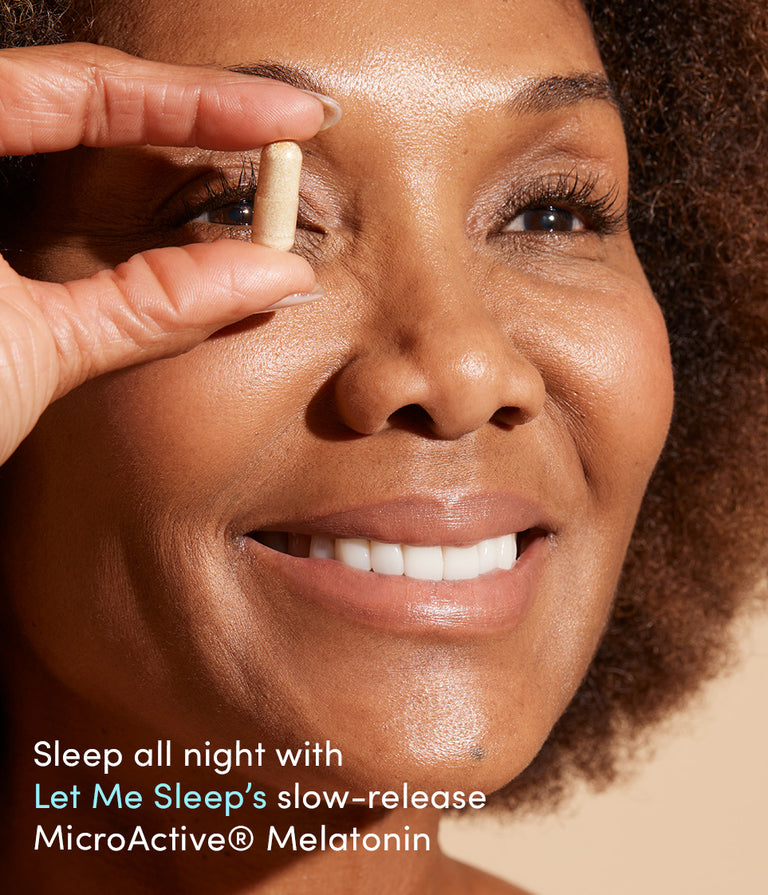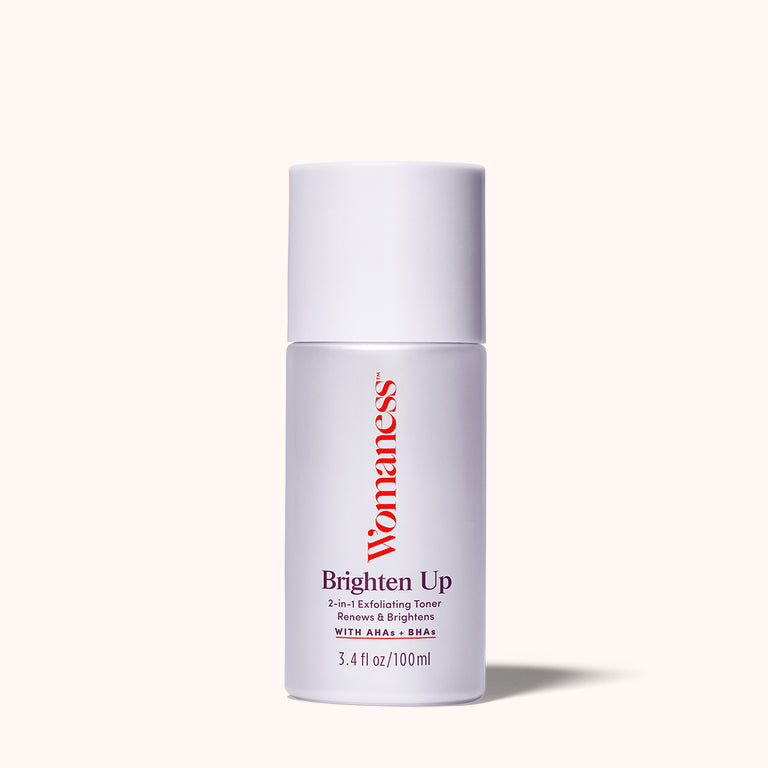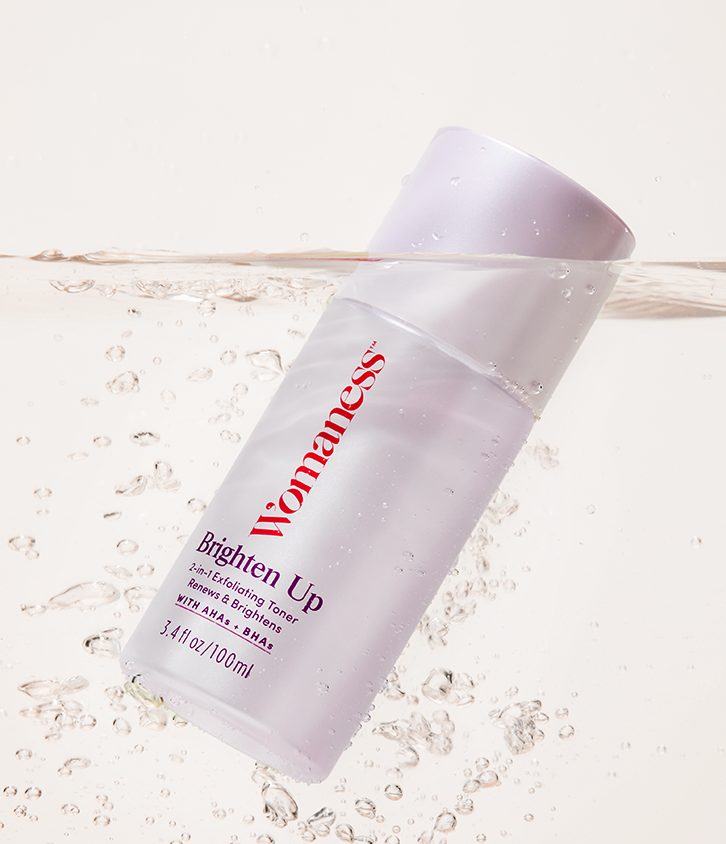By Womaness Editors 3-Minute Read

Welcome to ASK AN EXPERT, a series where we pose your real questions to our menopause experts for the intel you need. Need an answer? Post your question on The After Party, our private Facebook Group.
Your Question:
“I’m suffering from migraines in perimenopause. What are the best ways to manage them? Are there any medications out there? Is it related to my cycle? Is it related to stress? What can I do?”
The Answer:
From Dr. Ekta Kapoor, Mayo Clinic: "That's a good question. It's a loaded one. And it hits some points exactly right. The big player in perimenopause is the hormonal changes. What do I mean by that?
Let me walk you through the process of what we call “premenstrual migraines.” You might know women who have migraines or get very bad headaches in that one week that leads up to their menses. There are two scenarios. One, they don't have headaches for the rest of the month, but they experience them in that one-week window before their period. Or two, they have headaches that are reasonably (or not!) managed with medication, but get worse in that window.
In that week before the menses, estrogen levels drop—they are at their lowest right before the period. It's that drop in estrogen that does not go well for some women and it increases their sensitivity to experiencing these headaches.
In perimenopause, your hormones are all over the map. Estrogen, the main hormone that comes out of the ovaries—the lack of which causes many of these menopause symptoms and alters your health risk—fluctuates so much. You check it one day, it can be in the basement; if you check the next week, it can be as high as 300, 400.
You can imagine that, if hormones are dancing around, that fall doesn't go very well in a predisposed patient. And because the [levels] are constantly changing, and not just in that week before the period, the headache frequency for a lot of patients can go up. That's number one as to why it's happening.
So how do we manage it? If a woman is experiencing other menopause or perimenopause symptoms at the same time—like hot flashes or night sweats—then hormone therapy may be a good option because you're going to be managing those symptoms and keeping her hormones levels steady with external hormones. It will probably also help with migraines.
The one important thing to remember is that if a woman has migraine with aura (also called “classic migraine”), you don't want to use oral estrogen. It increases the chances of having a stroke, just the way migraine with aura also increases the chances of stroke.
Now, what if the patient doesn't have hot flashes or night sweats and her only symptom of hormone fluctuations is the worsening in the frequency of migraines? Then you can have a conversation with a neurologist about altering the headache medication and managing it that way. But even for isolated headaches, if the other medications are failing and she can't control it with pain meds, then using hormone therapy exclusively for this indication, as long as there is no reason why she couldn't use it—and there is a long list of those conditions which we have talked about—then hormone therapy is a reasonable idea.
Sit down with your provider to have this discussion. But know there is a good reason why you're experiencing this worsening—and know you can be helped. You don't have to sit in silence."
BONUS QUESTION
"What role does alcohol play in migraines? Four to seven days a week prior to my period, my headache intensifies if I have alcohol."
"A person who's had migraines for a long time knows there are certain triggers. Those triggers are not the same for everyone. Smells are a trigger for some; smoking and alcohol for others. You have identified alcohol as yours. Then the obvious recommendation is to cut back on alcohol use because it is a known trigger. Should everybody cut back or give up alcohol because they have migraines? No. We all have to identify our own triggers, lifestyle related or otherwise, and avoid them as best as possible."






